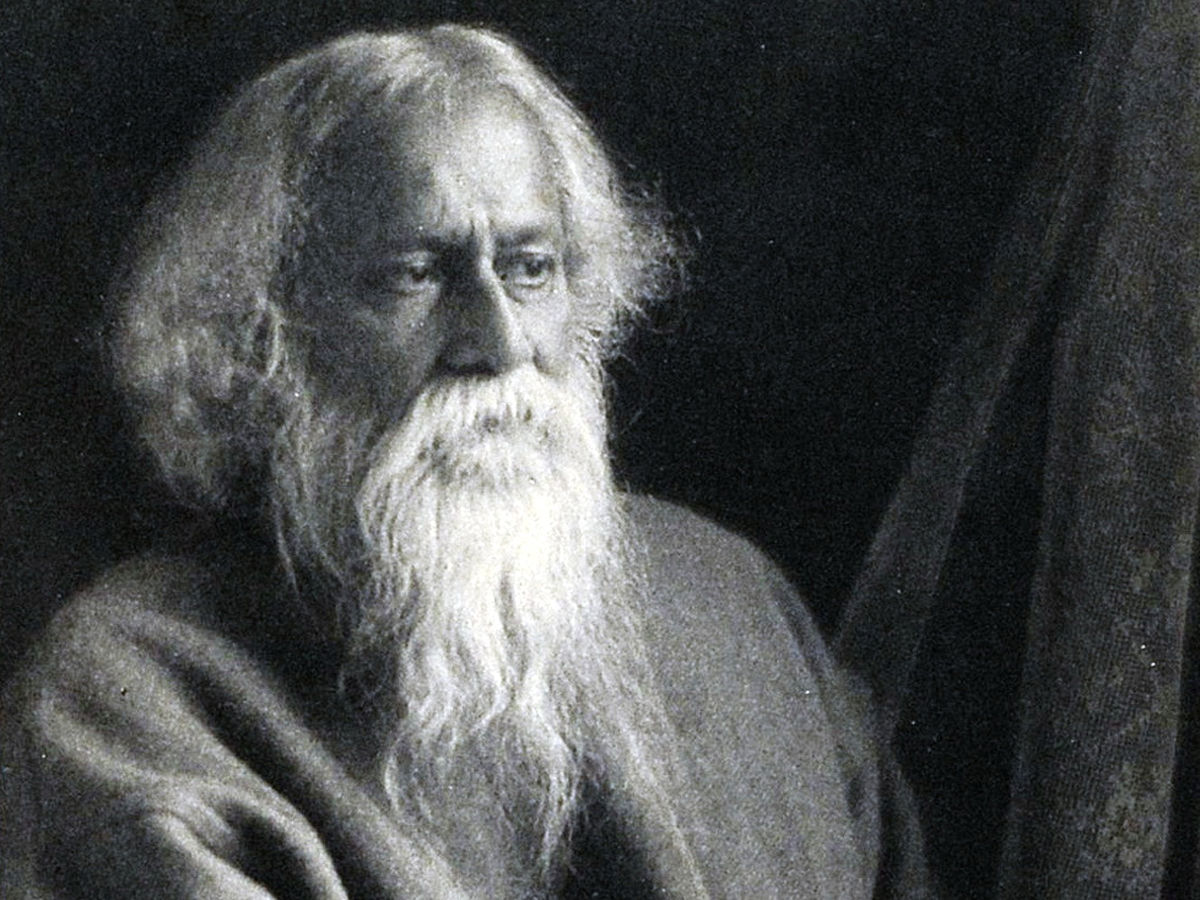India is a land of legends and it has been one for centuries. From economic and social reformers to academic and spiritual leaders, many legends have walked on this land and contributed to its rise. As one of the oldest civilisations, India and Indians have contributed massively towards the progress in science, history, art and various other fields. This has not only benefited the country but also has played an instrumental role in shaping the modern world. The country has produced some of the finest spiritual leaders, scientists, economists, Army generals and teachers.
While excellence does not require any award to prove its credibility, it is befitting to honour the talent with something substantial. The Nobel Prize is one such award that is conferred to the finest of the finest and India certainly has no dearth of such people. The list below features 9 Indians who got the prestigious Nobel Prize for commendable work in their respective fields.
- Abhijit Banerjee (For Economics): The latest addition to the Nobel Prize ground in India is Famous economist Abhijit Banerjee. Banerjee won the Nobel for economics in 2019. The economist currently teaches economics at the Massachusetts Institute of Technology. He has Bengali roots and has done his PhD from Harvard University. Banerjee co-shared his award with Esther Duflo and Michael Kremer. Esther Duflo is also his wife and they were the sixth married couple to jointly win a Nobel Prize.
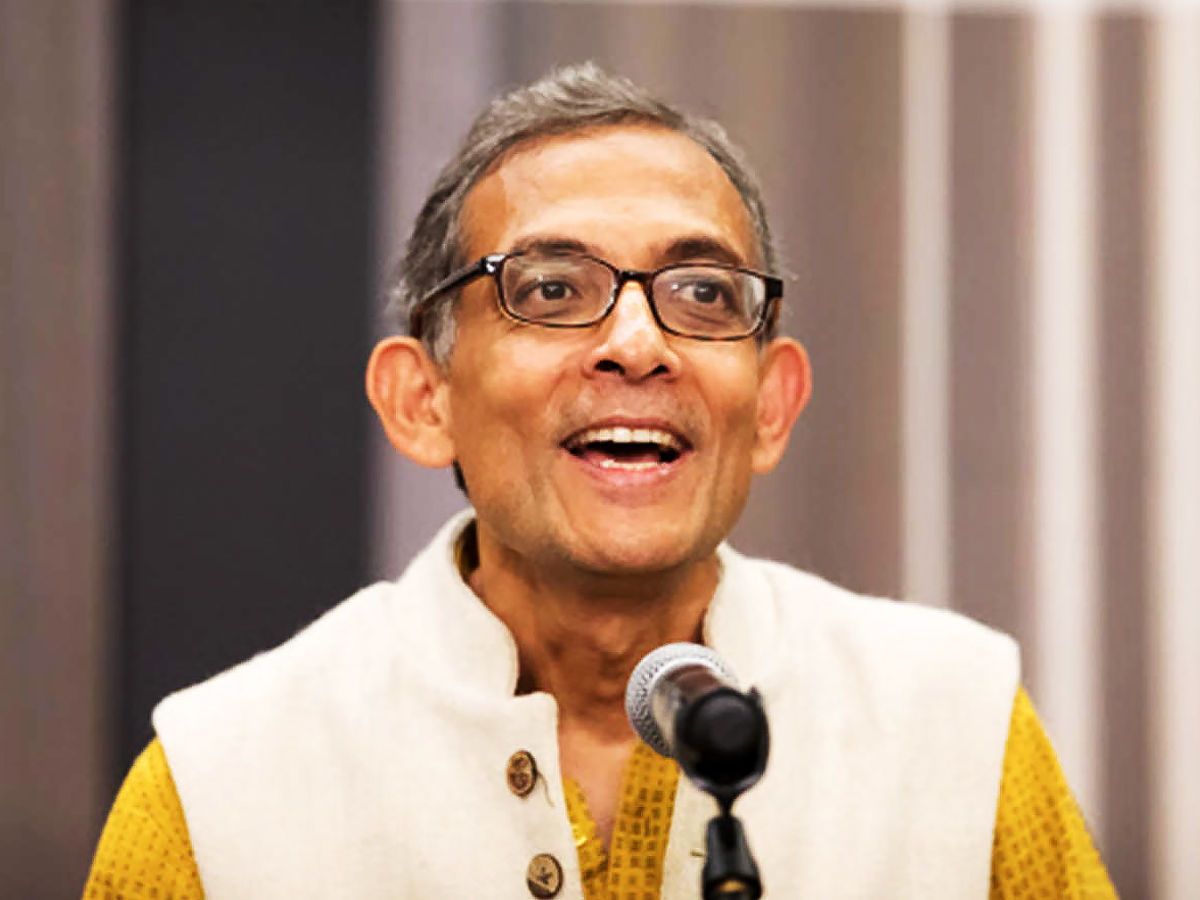
- Kailash Satyarthi (Nobel Peace Prize): Kailash Satyarthi is a child rights activist from India who started the NGO Bachpan Bachao Andolan. Satyarthi was a key force that stood in the way of child labour and played an instrumental role in eradicating the social problem. He also worked against child trafficking and prevented the lives of many children. He was awarded the Nobel Peace Prize award in 2014 for his work. Satyarthi has liberated more than 88,000 from slavery and child labour. He shared the prize with Pakistani activist Malala Yousafzai.
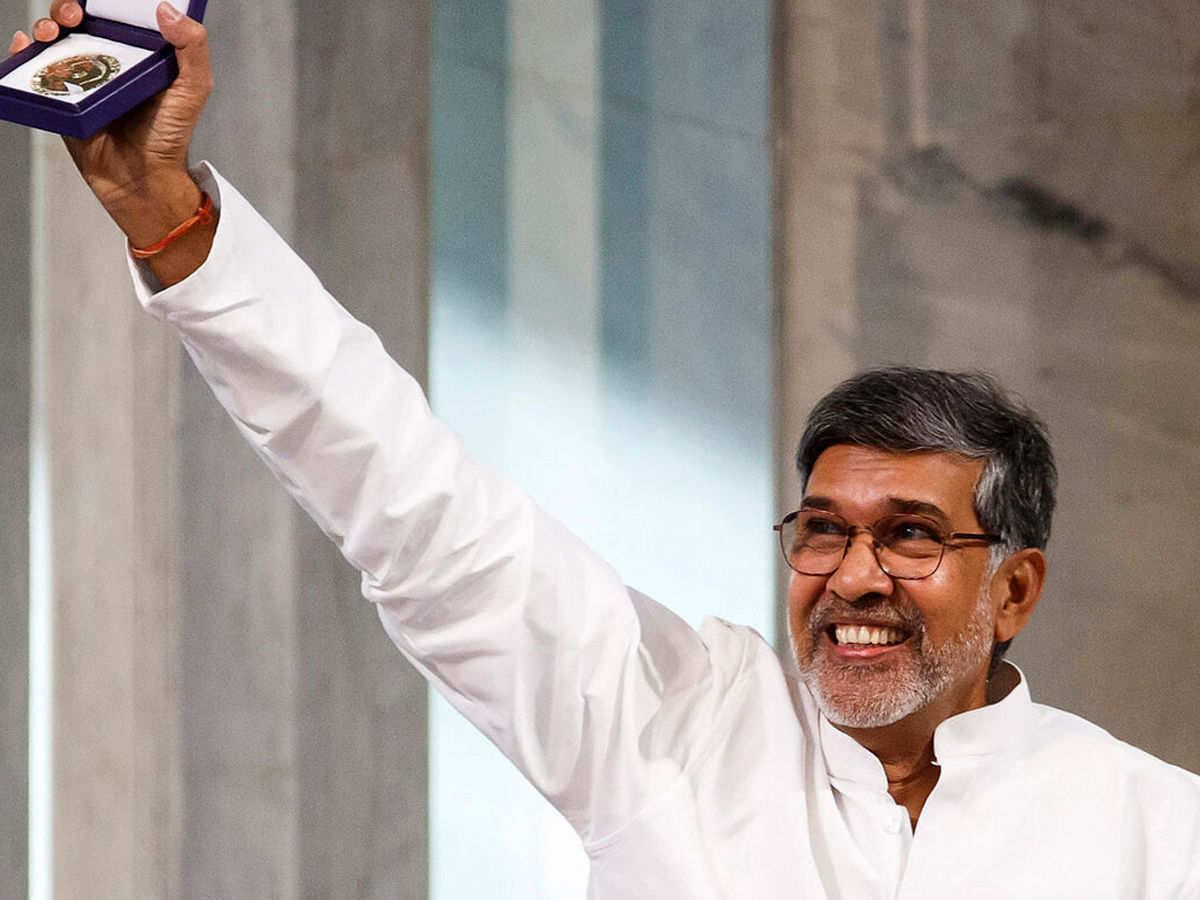
- Venkatraman Ramakrishnan (Chemistry): Venkatraman Ramakrishnan, also known as Venki Ramakrishnan, is an India-born British-American structural biologist who got Nobel Prize for Chemistry in 2009 for his scientific papers on the RNA structure of the ribosomal unit. Venki shared the award with Thomas A Steitz and Ada Yonath. He was born in Chidambaram in Tamil Nadu to scientist parents. Venki currently serves as the President of the Royal Society.
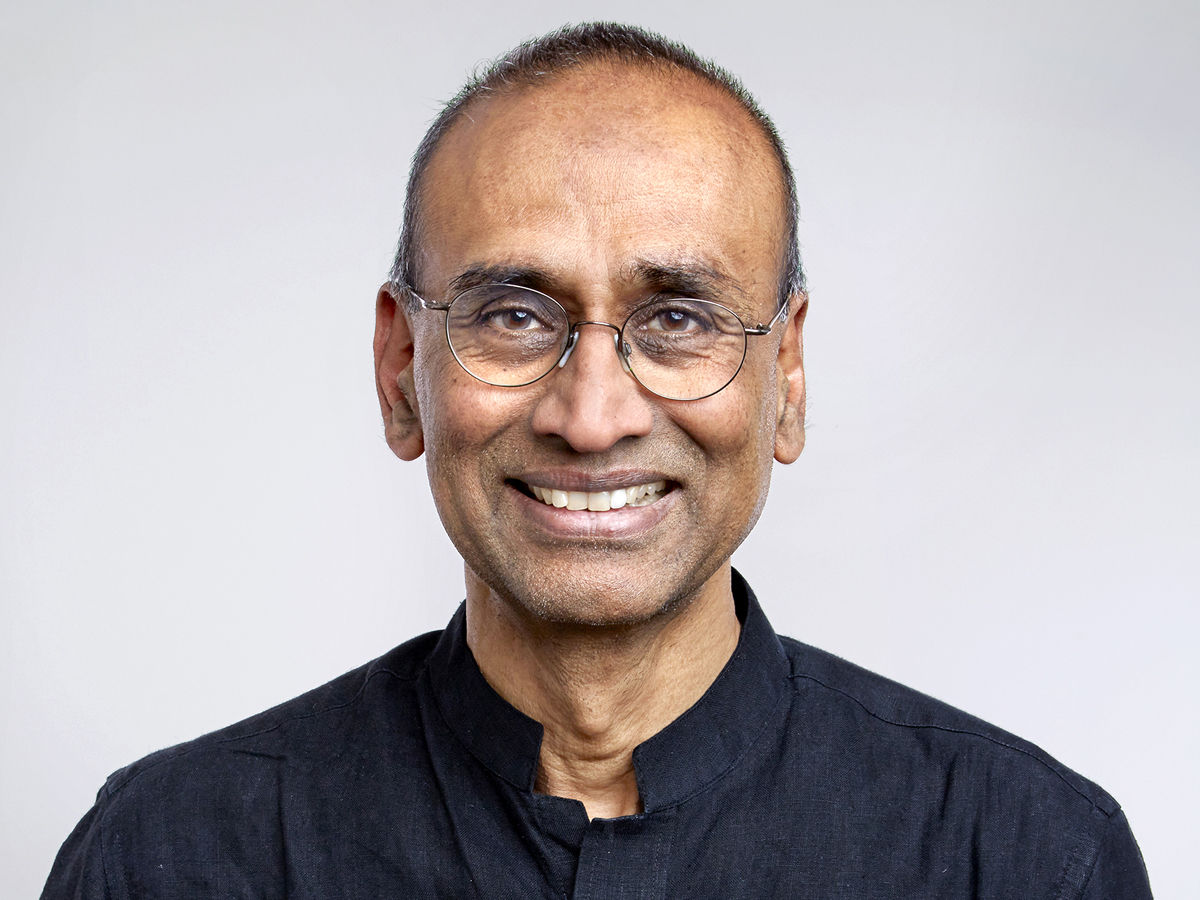
- Amartya Sen (Economics): Amartya Sen did an Abhijit Banerjee decades ago by winning the Nobel Prize for economics in 1998. Mr Sen is an Indian economist who contributed to various fields including welfare economics, social justice, economic theories of famine and public health. Born and raised in Kolkata, Mr Sen now teaches in the US and UK. He has also written several books including the Augmentative Indian. He has been a constant critic of Indian politics and economics. He was also awarded the Bharat Ratna in 1999.
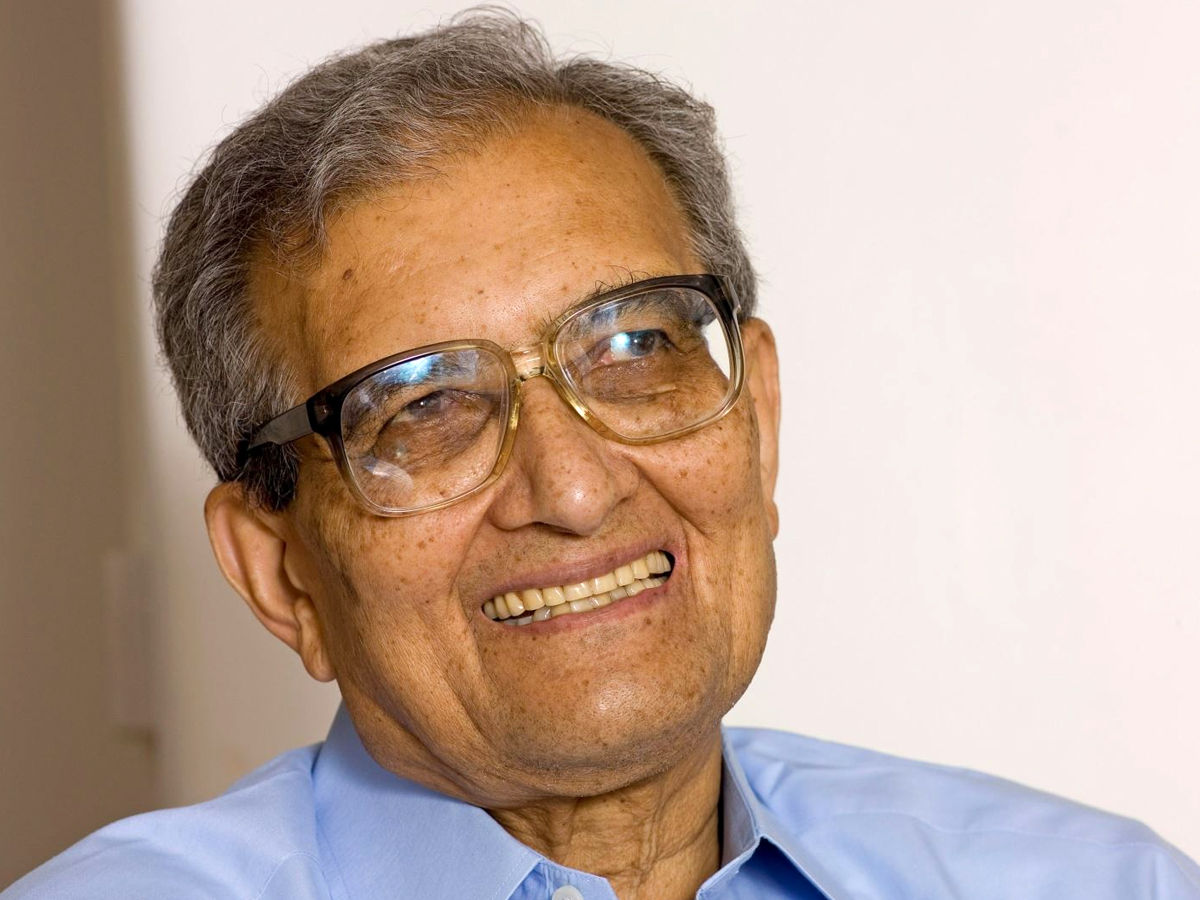
- Subrahmanyan Chandrasekhar (Physics): Subrahmanyan Chandrashekhar was an Indian astrophysicist who received the Nobel Prize for Physics in 1983. Chandrasekhar was the nephew of the legendary CV Raman. He was born in Lahore in undivided India and spent a large part of his life in the United States. Chandrasekhar shared his award with William A. Fowler for “theoretical studies of the physical processes of importance to the structure and evolution of the stars”.
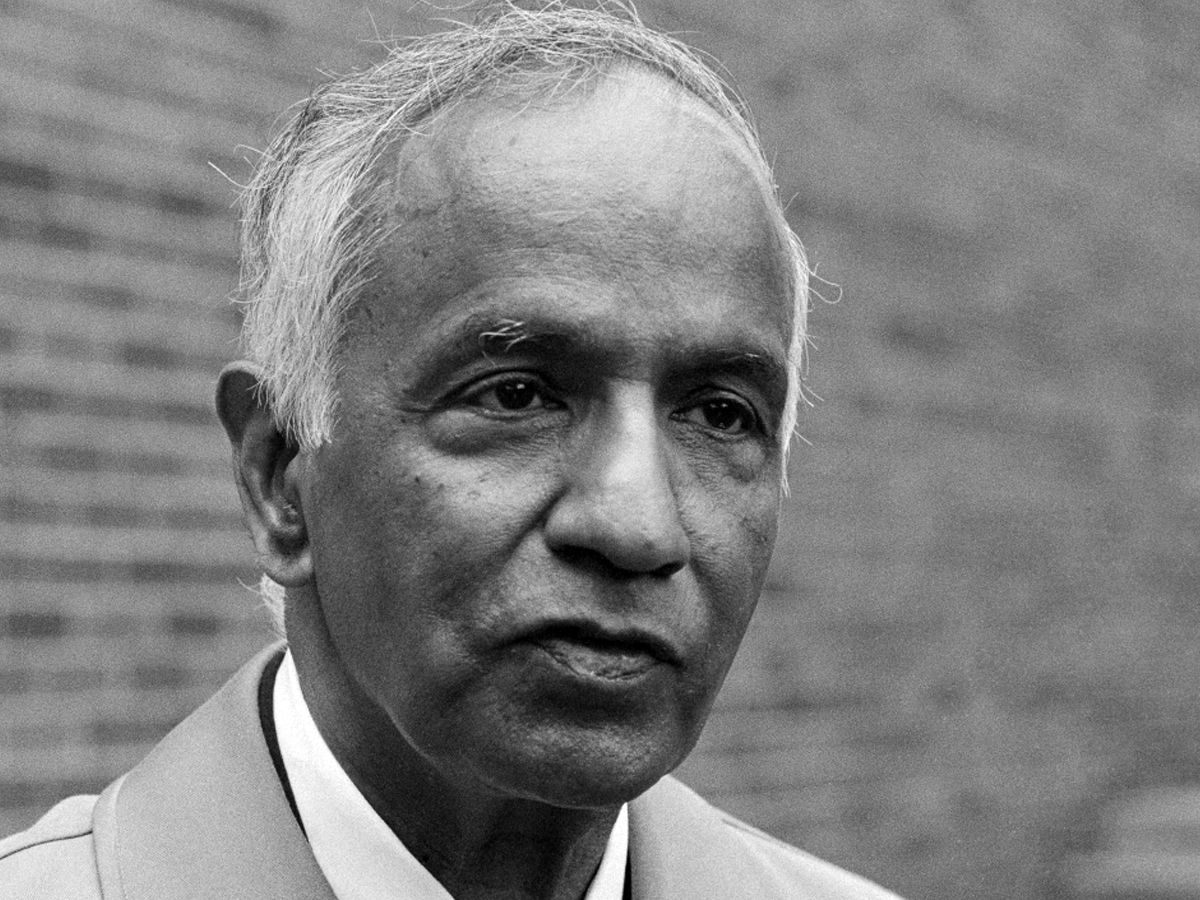
- Mother Teresa (Nobel Peace Prize): The name is not new to any Indian. Mother Teresa spent most of her life helping others and uplifting the poor and needy. Although she was born in Kosovo, Serbia, she moved to Indian when she was 19. She had a change of heart in 1948 after which she started to work for the upliftment of the poor and oppressed section of the society. She got the Nobel Prize in 1979 for helping the country in its fight against poverty and distress.
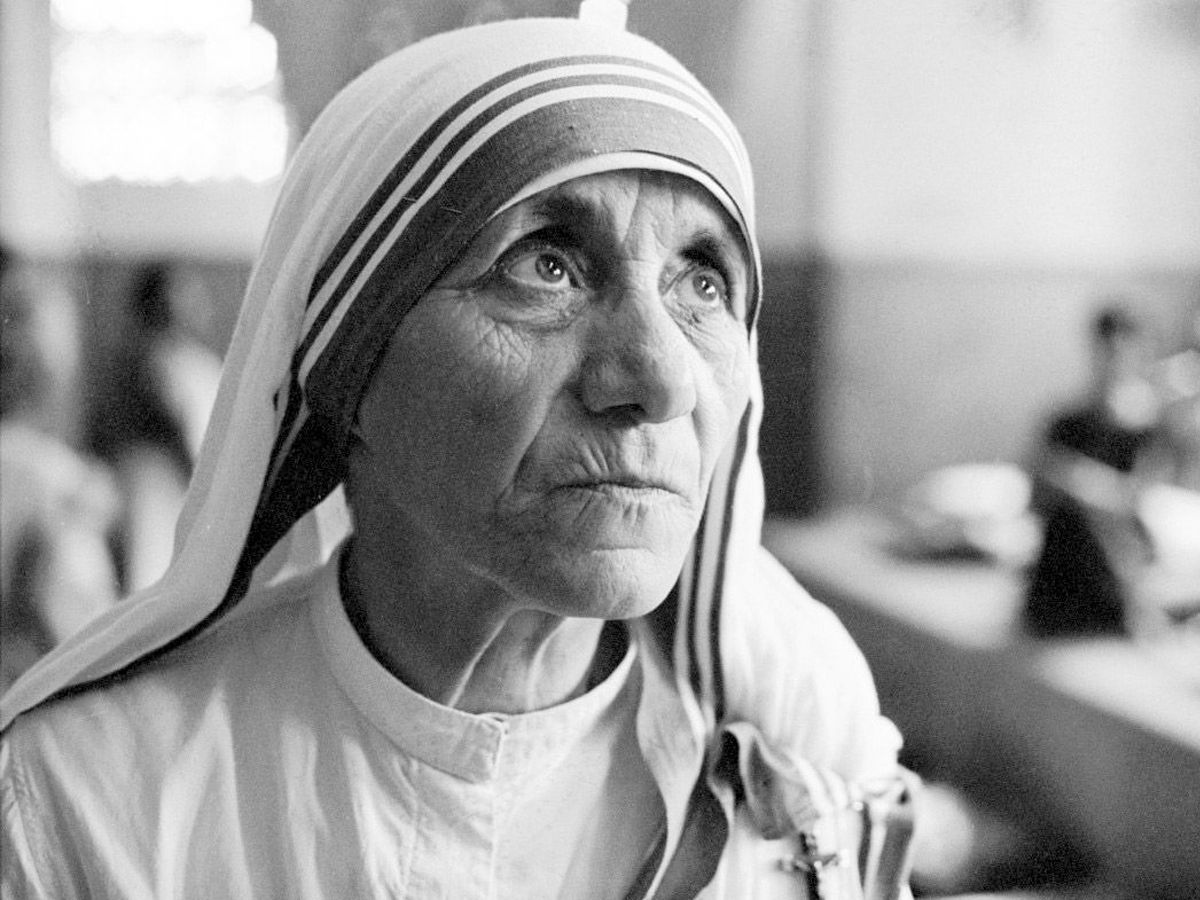
- Har Gobind Khurana (Medicine): Har Gobind Khurana was an Indian American biochemist who received the Nobel Prize for Physiology or Medicine in 1968. He shared the prize with Marshall W Nirenberg and Robert W Holley. Khurana was born in British India and taught in three universities in three North American Universities. He is known for his research regarding the genetic code. He is remembered for his work in the field of molecular Biology.
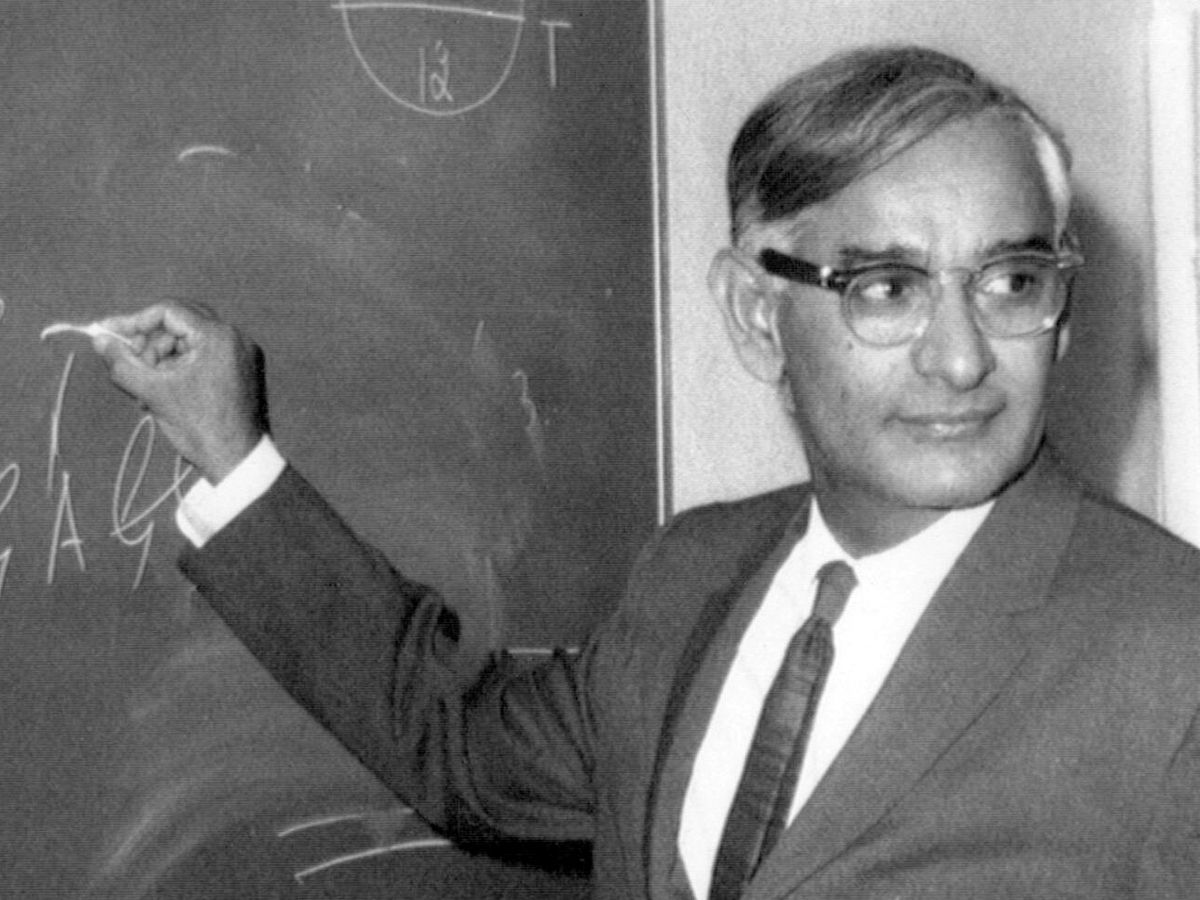
- CV Raman (Physics): The British occupation couldn’t stop Indians for achieving their dreams and Shri Chandrashekhara Venkata Raman was an epitome of Indian grit. Raman was an Indian physicist from Tamil Nadu who won the Nobel prize for Physics in 1930 for his work in the field of light scattering. His research is popularly known as the Raman effect. He was the first person from Asia to get the Nobel for his achievements in the field of Science. Raman was the man who found the answer to “Why is the sky blue”?
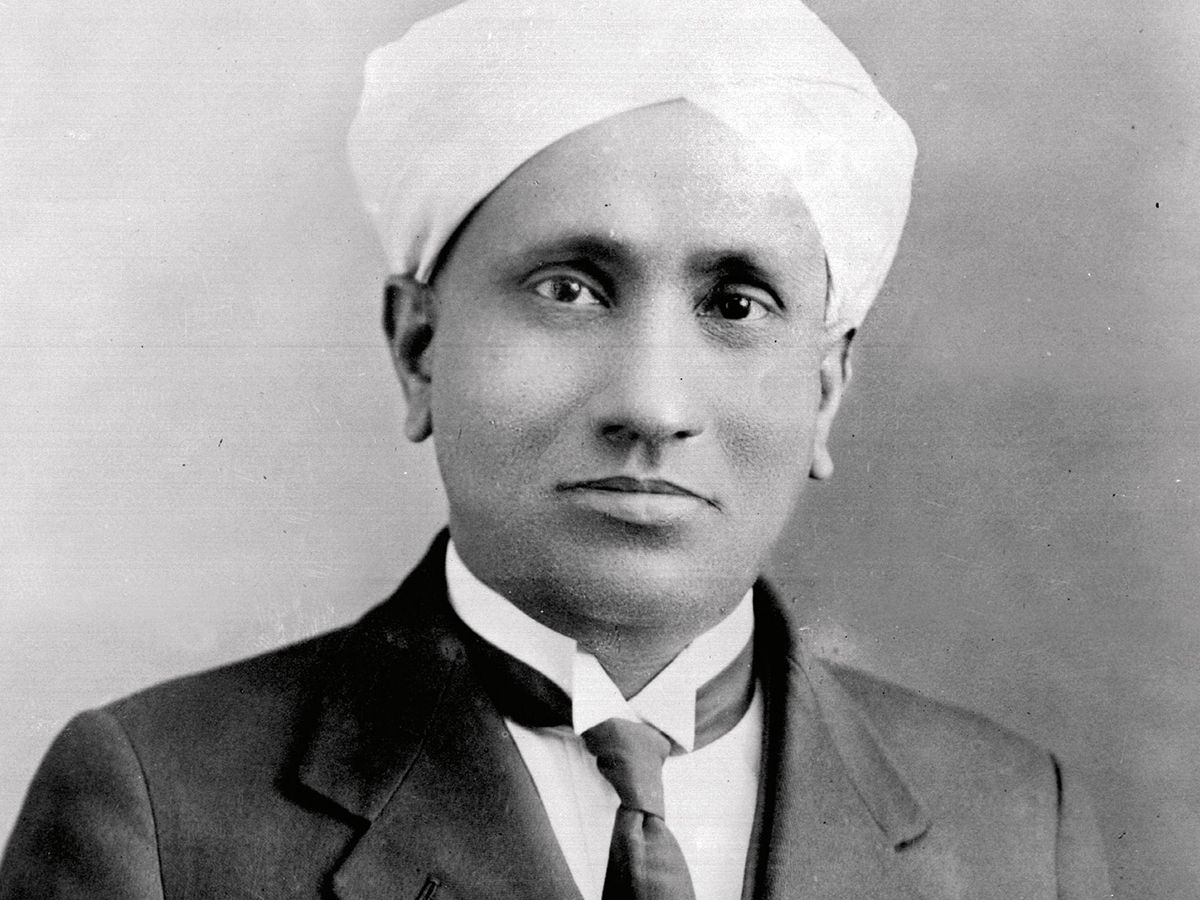
- Rabindranath Tagore (Literature): Rabindranath Tagore, also known as Gurudev, was the first Indian to win the prestigious Nobel prize. He got the award when Indian was a British colony in 1913. He is remembered for his poems and his unique style of writing. Gurudev was the first non-European to win a Nobel for literature. His collection of poems, Gitanjali, was the main reason behind him getting the award.
